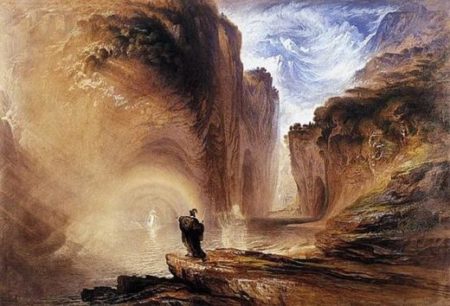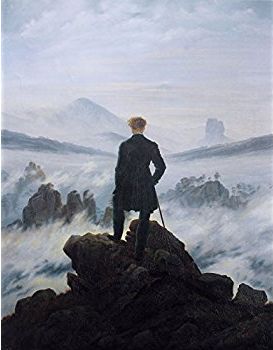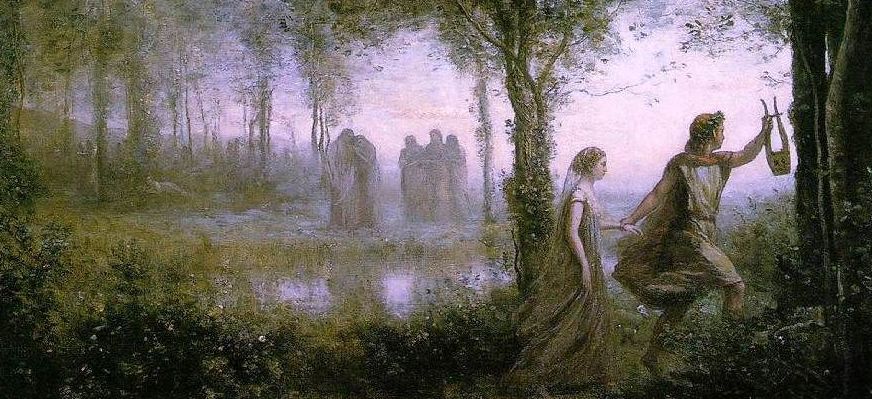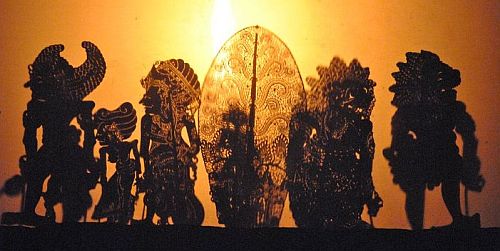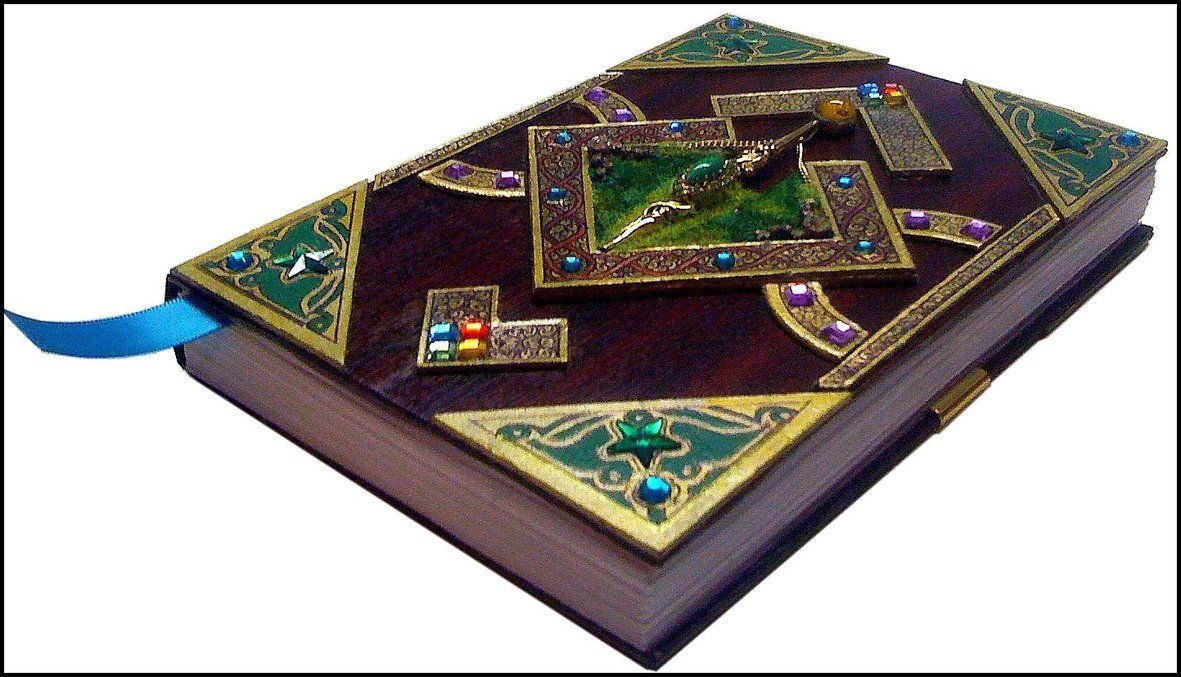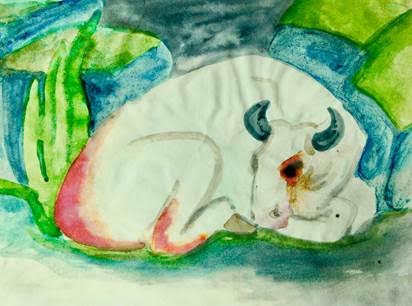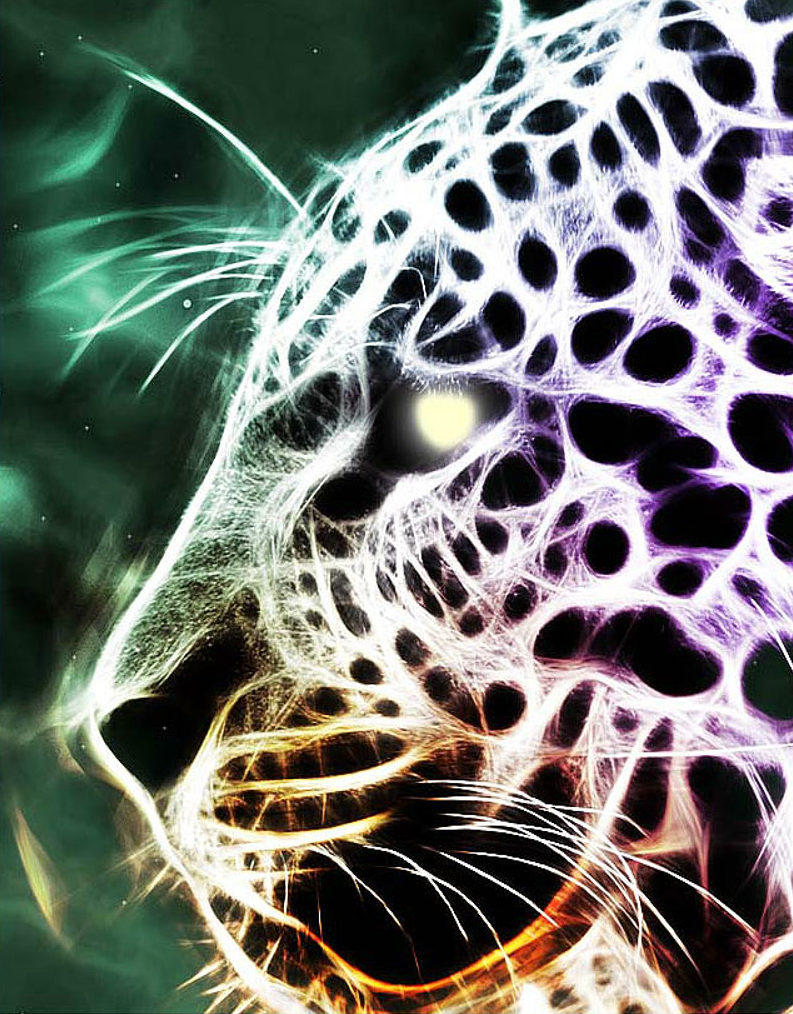Through the contemplation of his inward nature, the art of writing poetry became, for Wordsworth as for many of the Romantics, a “dark” and “inscrutable workmanship”, in which the “discordant elements” operative between the “two consciousness” within himself might “cling together / In one society” and realize “a soul in the process of making itself.” Wordsworth’s experience of poetic composition will be familiar to those in the field of Jungian psychology as active imagination. When Wordsworth imagines his poetry as “spousal verse” announcing a marriage of the human mind “to this goodly universe / In love and holy passion” (Prospectus to the Recluse, 53-5), Romantic active imagination aims at healing the split between psyche and nature.
For those interested in a unified vision of mind and nature, the psychology of creativity, and the emergence of a new image of God beyond both fundamentalism and materialistic atheism, there is much to be learned from the Romantic poets and philosophers. This lecture will explore the practice of active imagination in Romantic poetry and Jungian psychology, and apply insights gleaned from both to contemporary debates on the nature of religion, politics, physics, and neuroscience.
